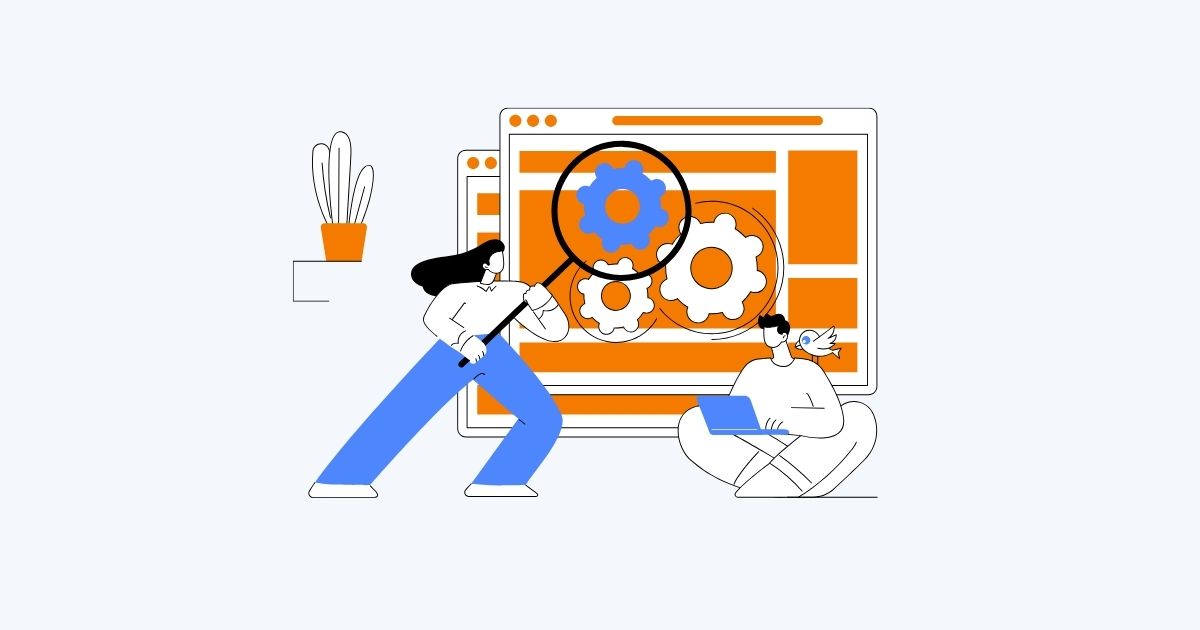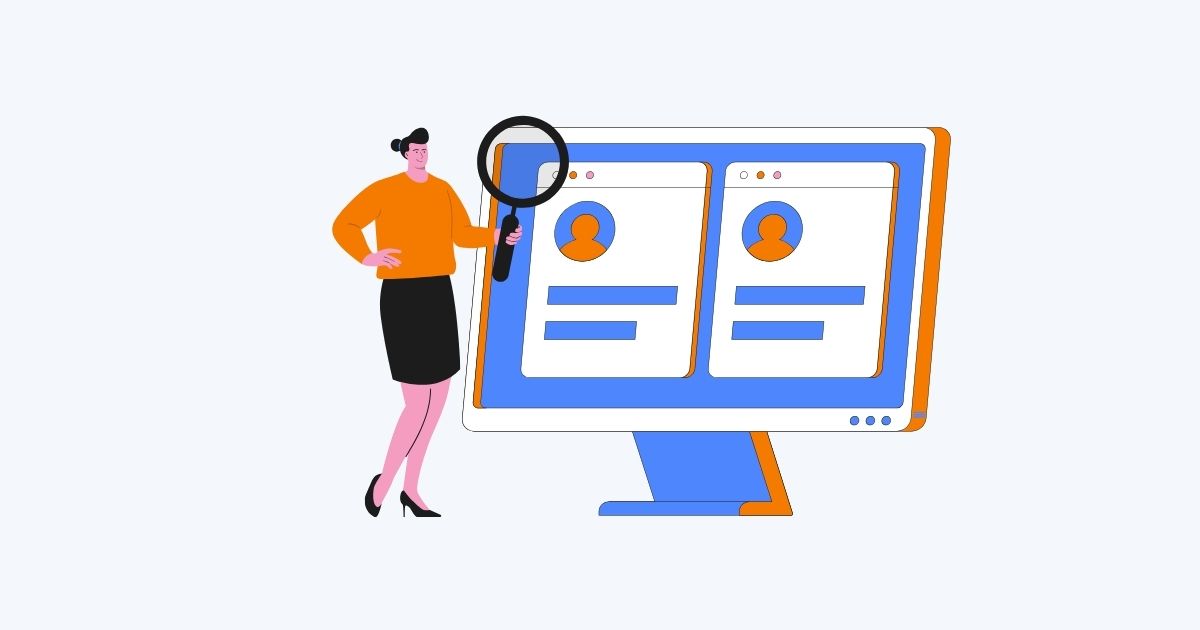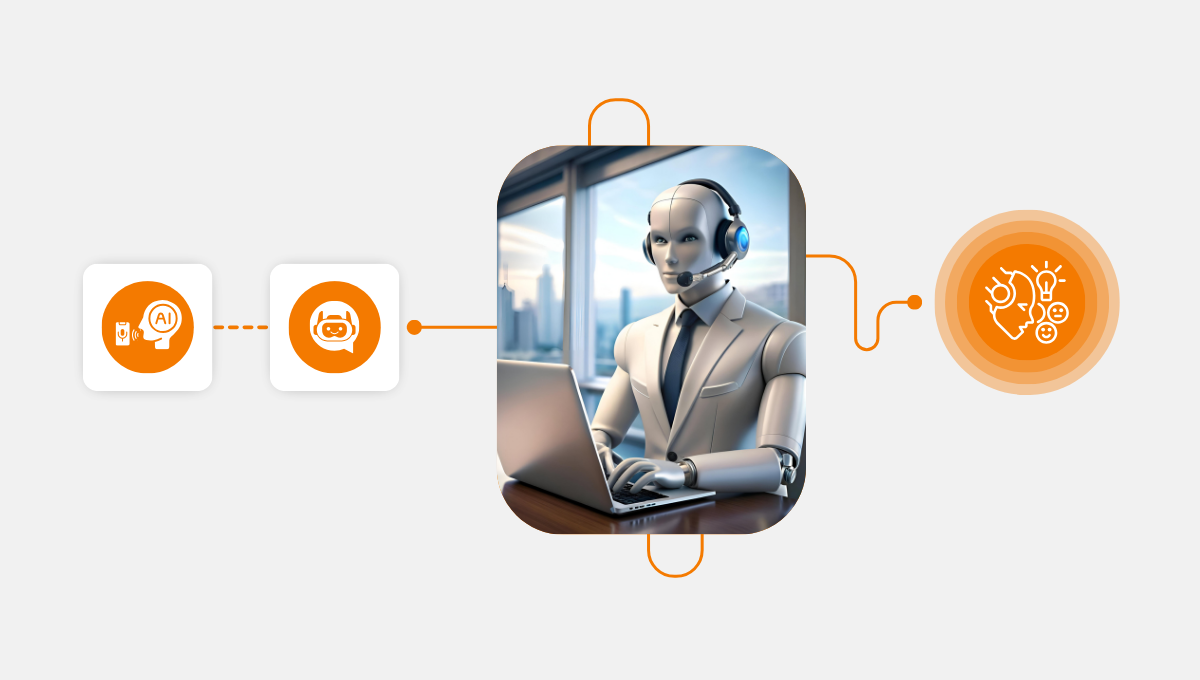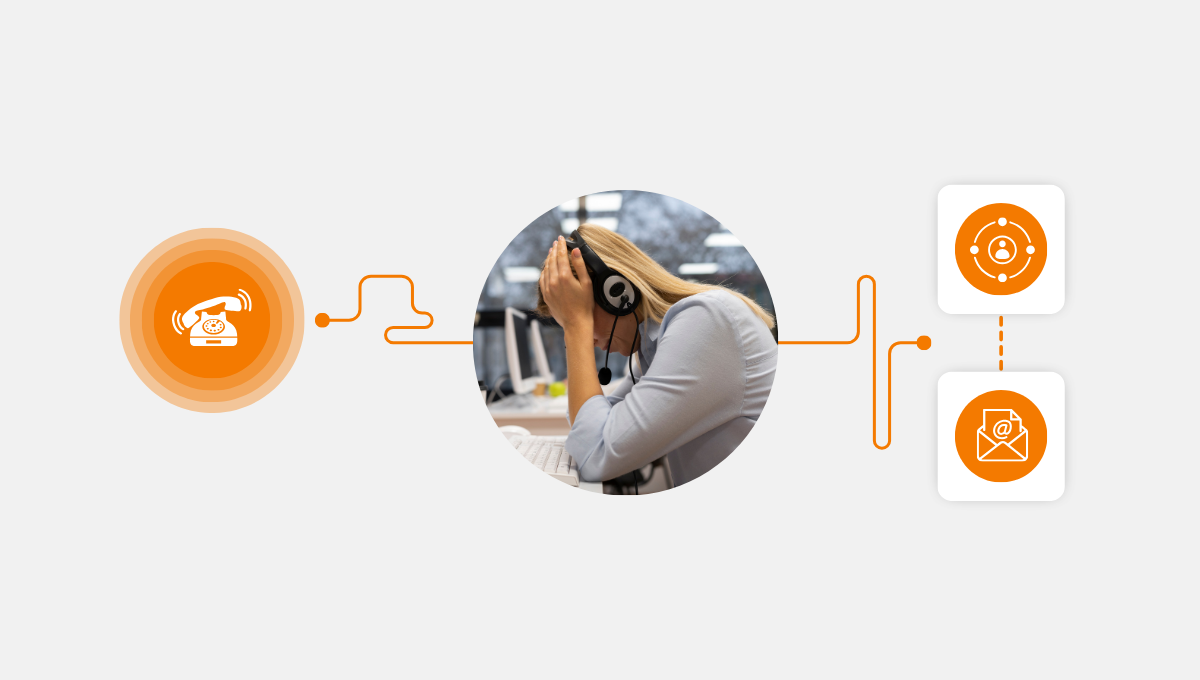Customer service is a core department in a contact center.
Why?
It affects brand reputation — good service equals a positive brand reputation. An excellent brand reputation results in high customer satisfaction, loyalty, and retention. Further down this chain, it boosts revenue, giving the company a competitive advantage. Inevitably, you’ll also experience better employee engagement.
So, how does one make their contact center reach these levels?
It’s simple: use a cloud call contact center software or a CCaaS (Contact Center as a service.)
This piece delves into CCaaS meaning and how one like Call Center Studio helps. Keep reading.
What Is CCaaS?
A contact center as a service solution operates on the cloud to improve customer experiences. This technology allows you to use software and infrastructure maintained by CCAAS providers.
Think of it as a hand-off approach to handle all client matters. You handle the client, and the provider installs, runs, and maintains the system remotely.
The model lets you handle client interactions without on-premise hardware and software.
There is also UCaaS, which stands for unified communication as a service. Regarding CCaaS vs UCaaS, the latter focuses on internal employee communication. It uses voice calls, video conferencing, instant messaging, and file sharing for in-house collaboration.

What Are the Benefits of CCaaS?
Contact Center as a Service is a useful addition to a business that prioritizes customer service. This is because it opens doors to significant opportunities to streamline business offerings. Below are the exact benefits of CCaaS that reinforce this:
Scalability
A business using a Contact Center as a Service solution celebrates scalability because it can easily adjust capacity. You can adjust during peak and off-peak seasons, reinforcing smart resource allocation.
For example, this system can open new communication lines during call volume surges. It could also redirect clients to other resources as they wait without additional infrastructure.
Flexibility
CCaaS features allow remote access. This is great news for a freelancing team because they can still resolve client needs remotely. The only requirements are robust internet connectivity and software credentials.
The flexible CCAAS pricing models are based on what you use. This flexibility allows you to select Contact Center as a Service features based on your budget. This allows contact centers of all sizes to use one.
Cost Efficiency
Contact centers spend millions on hardware and software each year. The mics, monitors, PCs, and the rest all cost money. Contact Center as a Service solutions reduce these expenditures
It lowers costs by eliminating the need for certain hardware. You could sell them for extra revenue if you already have them on-site.
Contact Center as a Service integrates into an already working infrastructure. There is no need to buy anything new; use what you already have!
The final way is on payment. CCaaS for small businesses and bigger ones offer subscription or user-based payment structures. This means you only pay for what you use, helping you invest elsewhere for growth.
Reliability
A robust Contact Center as a service is reliable since it comes tried and tested. The CCAAS providers invest in optimizing the system, so you do not have to. Your role is only to learn how to implement CCaaS.
Another reliability factor is the security measures the system offers. It helps protect sensitive client data and ensures service availability around the clock. This uninterrupted business flow ensures consistent customer service. The AI and automation in CCaaS reinforce this.
Compliance
Contact centers must operate under stringent compliance and regulatory rules.
Reliable Contact Center as a service solution is set to operate under these regulations. They advocate for compliance to protect themselves and your contact center.

How Does CCaaS Differ from Traditional Contact Centers?
Discussing the perks helps, but comparing the advancements to a traditional contact center is essential. Knowing how a Contact Center as a Service works can boost your business. Knowing underlines why you need one. So here are the four main differences.
- Infrastructure Management: Traditional contact centers rely on on-premise hardware and software management; CCaaS doesn’t. Contact Center as a Service operates on the cloud. This means that a third-party vendor hosts and maintains the infrastructure.
- Scalability and Flexibility: CCaaS features offer immeasurable scalability and flexibility that traditional settings didn’t allow. With Contact Center as a Service, you can scale up and down and onboard remote talent. You can do all this without compromising customer service.
- Costs: Traditional centers require upfront expenditures on hardware and software acquisition. This also included licenses, rent, and maintenance costs. Contact Center as a Service slashes these costs because you only pay for what you use.
- Security: CCAAS security best practices eliminate all the security issues traditional settings present. Contact Center as a Service secures all data—yours and your clients.
What Features Should You Look for in a CCaaS Solution?
When you start the CCaaS vendors comparison, ensure to prioritize the following features:
- Omnichannel support that ensures consistent customer service. These features encompass voice calls, chats, SMS, email, social media, and more.
- Interactive Voice Response (IVR) automates call redirecting to the best agent or resource. IVR systems help automate routine inquiry resolution as agents manage complex ones.
- Automatic Call Distribution (ACD) routes calls to the most qualified agents based on skills and availability. This reduces wait times and fastens resolutions.
- Real-Time Analytics and Reporting provide valuable insights as operations proceed. This makes supervision and decision-making speedy with data-driven solutions.
- Quality and Workforce Management offers tools to ensure top-notch customer service and agent performance.
Please note that these aren’t the only features you can get. For more, you can sift through the rest on Call Center Studio’s product page.
What Are the Challenges Associated with CCaaS?
Implementing a Contact Center as a Service can present several challenges. Here are some you need to address:
- Integration complexity.
- Network reliability.
- Compliance issues.
- Customizing the system.
- The need for system training.
- User experience and adoption.
- Monitoring and performance management.
You can find the remedies to the above by reading through Gartner CCaaS reports, which offer valuable information.
Contact Center as a Service or Not?
If you want to boost your customer service, then yes to Contact Center as a Service!
Luckily, you now have all the necessary information: definition, features, benefits, and challenges. You also understand how it differs from a traditional contact center. So, if you are on the CCaaS team, contact Call Center Studio today and try it out. This cloud call center software will elevate your customer service, brand reputation, and sales.




